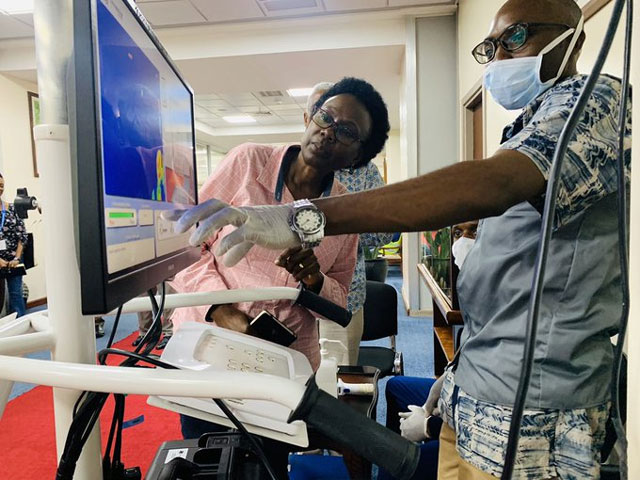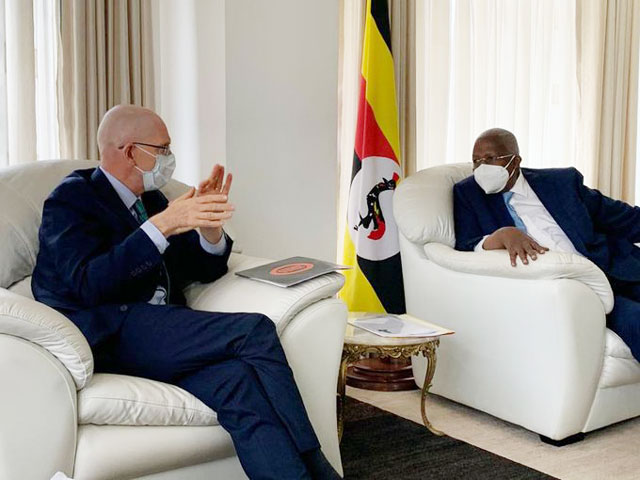
Kampala, Uganda | RONALD MUSOKE | The World Bank has approved US$15.2 million (Approx. Shs 57bn) to support Uganda’s efforts to prevent, detect, and respond to the COVID-19 pandemic as well as strengthen national systems for public health emergency preparedness under a new operation—the Uganda COVID-19 Response and Emergency Preparedness Project.
The project has been financed by an IDA credit of US$12.5 million (Approx.46.875bn) and a grant of US $2.7 million (Approx.10.125bn) from the Pandemic Emergency Financing Facility.
In a statement released on July 16, the World Bank said the facility is aimed at reducing the financing gap under the national COVID-19 preparedness and response plan by boosting COVID prevention, detection, case management and the overall health system readiness.
This includes improving disease surveillance at points of entry and rapid laboratory diagnosis and reporting; case management with investments in the provision of equipment, training in the provision of intensive care and psychosocial support.
“Uganda has built significant capacity in managing different pandemics over the years but the COVID-19 poses unique challenges,” said Tony Thompson, the World Bank Country Manager for Uganda.
“These funds will provide the necessary resources to boost the current effort on COVID-19 but also strengthen the country’s overall health security system so that it can effectively respond to future pandemics,” he said.

According to the World Bank, the primary beneficiaries will be the infected persons, at-risk populations, hosting communities and refugees, medical and emergency personnel, medical and testing facilities, and selected national health agencies.
The World Bank said this particular funding is intended to complement other support the Bank has provided to Uganda in response to COVID-19.
Early this year, on March 31, the World Bank triggered US$15 million for the Contingency Emergency Response Component (CERC) of the Uganda Reproductive Maternal and Child Health Services Improvement Project to support prevention and early detection of COVID-19 cases as well as procure personal protection equipment (PPE) for health workers, hand sanitizers, testing kits, transport and media, thermal scanners, and other screening equipment.
Other activities the fund was geared towards include; risk communication and community engagement to raise awareness about the risk factors for COVID-19. The World Bank said in a statement it intends to replenish this fund in an additional financing which is currently being prepared.
The World Bank said it had recently also approved a US$ 300 million (Approx. Shs 1.125 trillion) funding which is intended to extend subsidies and tax exemption to supplies and equipment used in treatment of COVID-19 and provide immediate relief to individual and businesses that have been most affected by the pandemic.
“This emergency operation will help Uganda contain the COVID-19 outbreak and help bolster support in areas that are critically needed, such as in disease surveillance, testing and case management. The support provided will help scale up ongoing efforts, and ensure that Uganda’s response remains swift and targeted, with the goal of minimizing the overall health impact,” said Julia Mensah, Operations Officer and Task Team Leader.
 The Independent Uganda: You get the Truth we Pay the Price
The Independent Uganda: You get the Truth we Pay the Price



